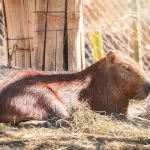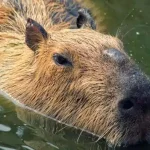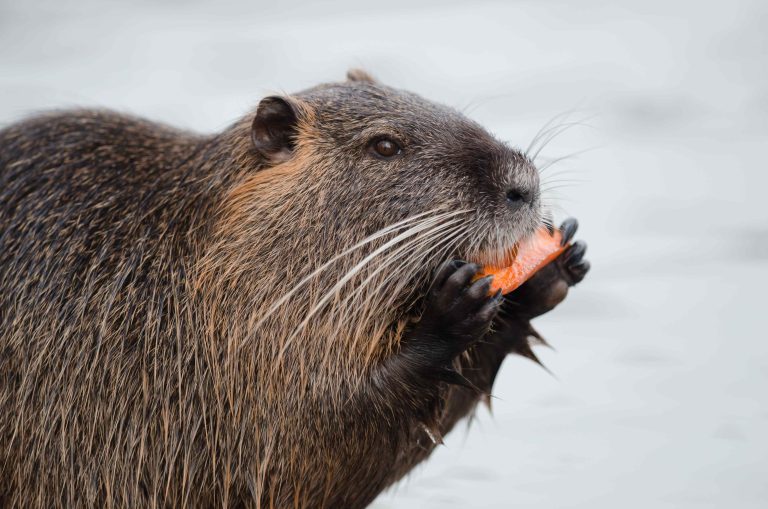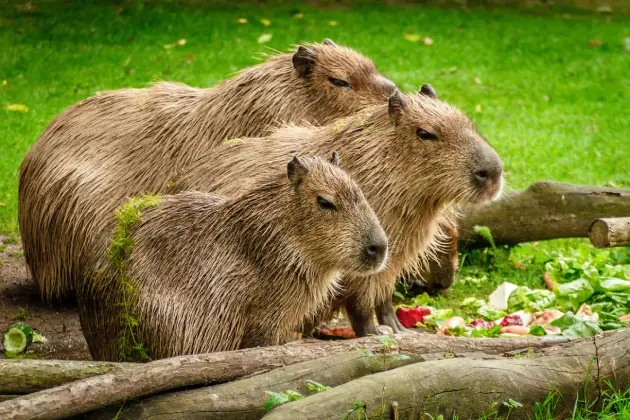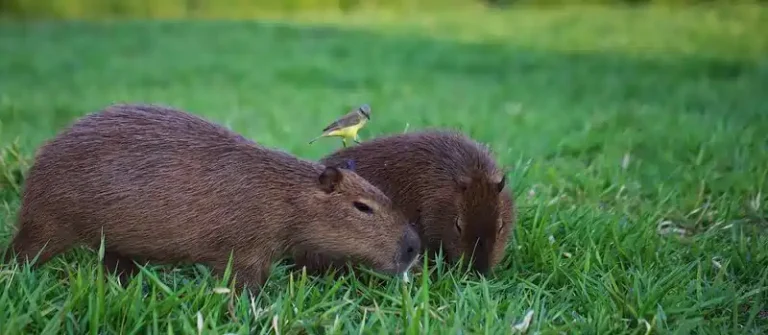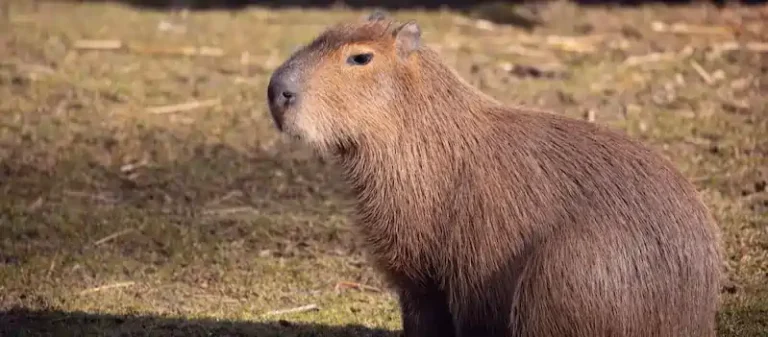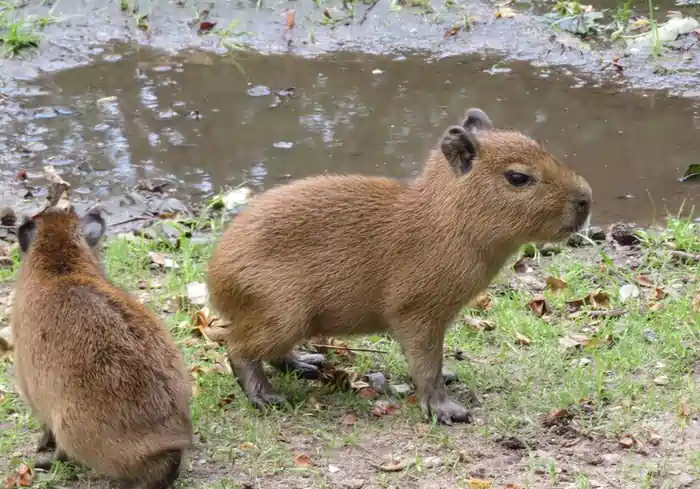
Capybaras are becoming increasingly popular as pets, but many prospective owners are left wondering whether owning one is even legal, particularly in states like Utah. If you’ve been thinking about adding a giant, social capybara to your household, you may be asking: Can you own a capybara in Utah? This article will explore the legalities of owning a capybara in Utah, the regulations surrounding exotic animals, and what you need to know about keeping a capybara as a pet.
Is It Legal to Own a Capybara in the United States?
Before diving into the specifics of Utah, it’s important to understand the broader context of capybara ownership in the United States. Capybaras are considered exotic animals in many states, and laws vary significantly across the country. While some states have minimal restrictions, others regulate or ban the ownership of exotic pets, including capybaras.
In some states, like Texas, Florida, and Nevada, it is generally legal to own a capybara without many restrictions. However, this is not the case everywhere. Some states, including California and New York, have stricter laws regarding exotic animals.
For those asking can you get a capybara in the US, the answer is yes, but always check local laws first to ensure it’s legal in your state and city.
Can You Own a Capybara in Utah?
Now let’s focus on Utah. Utah has specific regulations when it comes to owning exotic pets, and capybaras are often included in that category. As of now, it is legal to own a capybara in Utah, but there are restrictions. You will need to obtain the proper permits, and there are certain requirements you must meet to ensure the well-being of the animal and the safety of the community.
The state has strict regulations regarding the ownership of exotic pets. These laws are designed to protect both the animals and public safety. While capybaras are not outright banned, you must ensure that you comply with the state’s requirements before bringing one into your home.
In addition to state regulations, individual counties or cities in Utah may have their own rules, so always check local ordinances before purchasing a capybara.
Exotic Animals in Utah
Utah’s laws surrounding exotic animals and exotic pets are designed to protect both the environment and public health. Under state law, exotic animals are defined as any species that is not native to Utah and is not typically kept as a pet. Capybaras fall under this category because they are native to South America.
If you’re considering owning a capybara, it’s important to understand that Utah regulates exotic animals carefully. Before getting a capybara, you may need to go through a licensing process or apply for a permit to own the animal legally. This process is often intended to ensure that the animal is being cared for in an appropriate and safe environment.
Additionally, Utah’s Department of Wildlife Resources (DWR) and other local government bodies may have regulations regarding exotic animals that must be followed to keep your pet legally. The state aims to prevent the introduction of non-native species that could disrupt the local ecosystem or pose risks to humans or native wildlife.
Exotic Pets in Utah
Utah is home to several exotic pets that can be legally kept with proper permits, including reptiles, birds, and small mammals. However, while capybaras may be a legal option in Utah, many other exotic pets are subject to stricter regulations. For example, some animals, such as certain species of monkeys, large cats, or venomous snakes, are prohibited or restricted under Utah law.
If you’re not able to own a capybara, there are other exotic animals that may be easier to care for or more legal in your area. Be sure to research specific laws regarding exotic pets in Utah to find the right fit for your lifestyle.
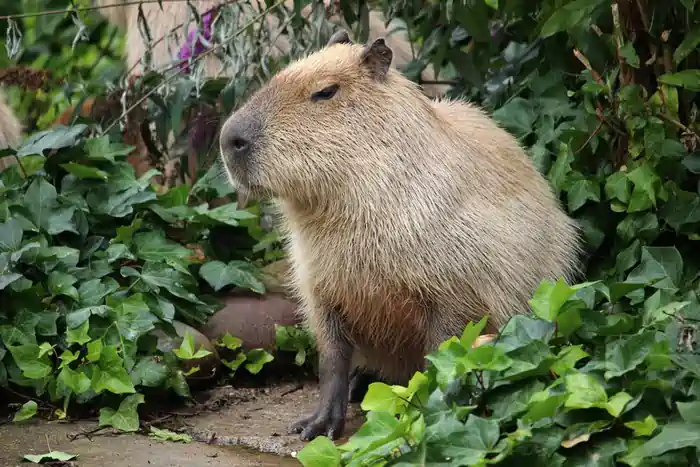
Where Is It Legal to Own a Capybara in the United States?
While Utah allows capybaras with restrictions, there are other states and regions in the U.S. where owning a capybara is either illegal or tightly regulated. In general, states like Texas, Florida, and Nevada have more lenient laws when it comes to exotic pets. On the other hand, states like California, New York, and Hawaii have much stricter regulations, and capybaras are often restricted or require special permits to own.
Before making a decision to bring a capybara into your home, it’s important to check the specific laws in your state, county, and city. Always be sure you’re complying with local regulations to avoid fines or having to give up your pet.
Can You Get a Capybara in Utah?
If you’re in Utah and wondering can you get a capybara in the US, you can definitely do so, but there are a few things to consider. Firstly, you’ll need to find a capybara breeder near you. Finding a reputable breeder is crucial to ensure you are getting a healthy animal. Additionally, it’s important to choose a breeder who follows ethical practices, ensuring that the capybara was raised in a safe and humane environment.
A quick search for “capybara for sale” or “capybara breeder near me” should help you find a reliable source, but be sure to do your due diligence by asking the breeder about their care practices and any licensing required for the sale of exotic animals.
Giant Capybara Pets
Capybaras are not your average pet; they are giant rodents that can grow up to 4 feet in length and weigh between 100 to 140 pounds. Their size, combined with their unique needs, means they require a significant amount of care. A capybara is not a pet for everyone.
These social creatures thrive in large, outdoor spaces with access to water. They are herbivores and need a diet high in fiber, such as grasses and leafy greens. Capybaras are also known to be incredibly social animals, meaning they should never be kept alone. If you choose to get a capybara as a pet, it is recommended to keep at least two together to avoid loneliness and stress.
Since capybaras are semi-aquatic, providing them with a pond or pool to swim in is essential for their well-being. Ensuring they have enough space to roam and exercise is also crucial, as capybaras are highly active animals that need room to move around.
Illegal Pets in Utah
Although capybaras are not illegal in Utah, there are still restrictions on other types of exotic pets. Some animals that are considered dangerous, such as large carnivores or venomous snakes, are outright banned in the state. It’s also important to note that Utah has stringent regulations regarding the importation and sale of exotic pets to prevent the spread of diseases and the introduction of invasive species.
Before acquiring any exotic animal in Utah, be sure to research whether the animal is on the restricted list. Failing to comply with the state’s exotic pet laws could result in fines or other penalties, and in some cases, authorities may confiscate the animal.
FAQs About Owning a Capybara in Utah
1. Is it legal to own a capybara in Utah?
Yes, it is legal to own a capybara in Utah, but you will need to meet certain requirements and may need a permit depending on your county. Always check local regulations before acquiring a capybara.
2. Where can I find a capybara for sale in Utah?
You can find a capybara for sale by searching for “capybara breeder near me” or by looking for breeders specializing in exotic pets. Make sure to choose a reputable breeder that follows ethical practices.
3. Are there any restrictions on exotic pets in Utah?
Yes, Utah has restrictions on certain exotic pets. For example, dangerous animals like large cats or venomous snakes are prohibited, and other exotic pets may require special permits or licenses.
4. How much does a capybara cost in Utah?
The cost of a capybara in Utah can vary, but you can expect to pay between $1,000 and $3,000. In addition to the initial purchase price, be prepared for the ongoing costs of care, including food, housing, and veterinary care.
5. Can I own a capybara if I live in a city in Utah?
Owning a capybara in a city in Utah is possible, but you’ll need to check with local authorities to ensure that you comply with city-specific regulations. Larger properties with access to water are ideal for capybara care.



